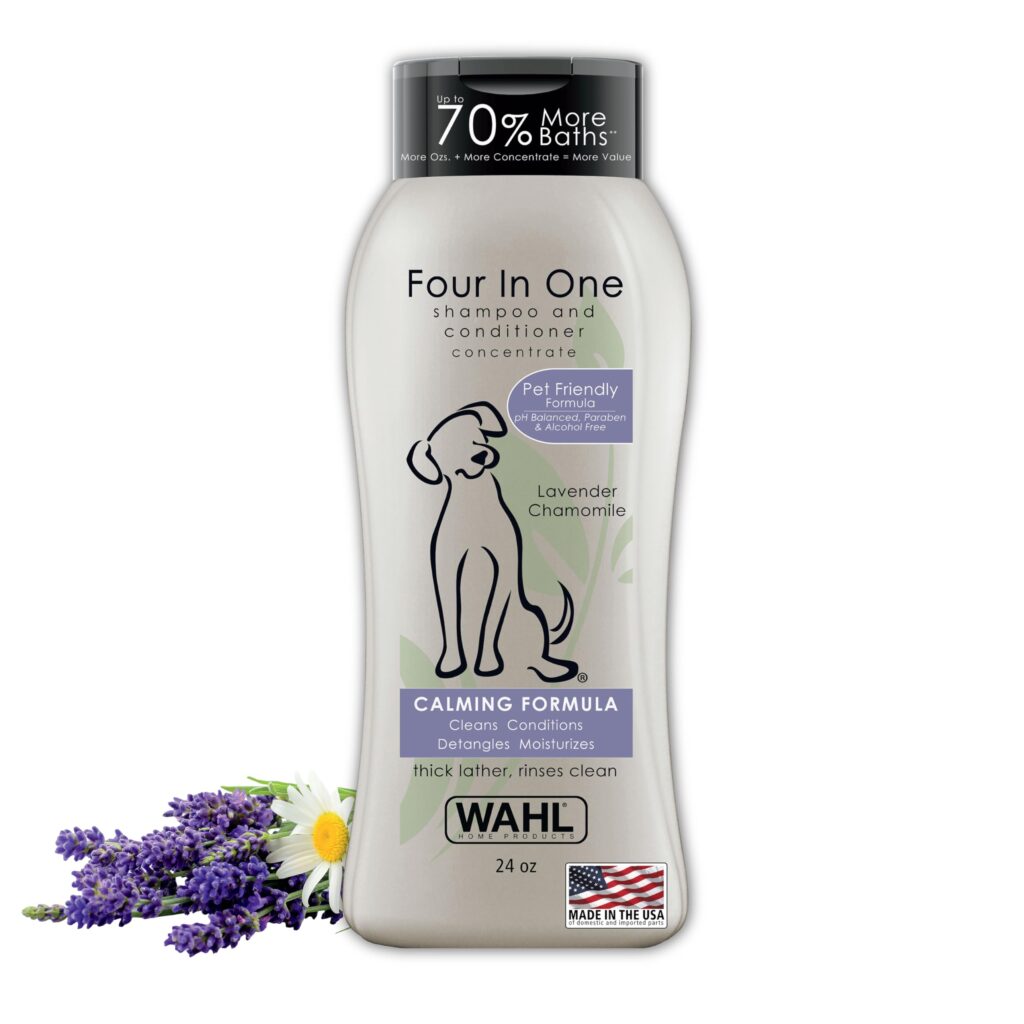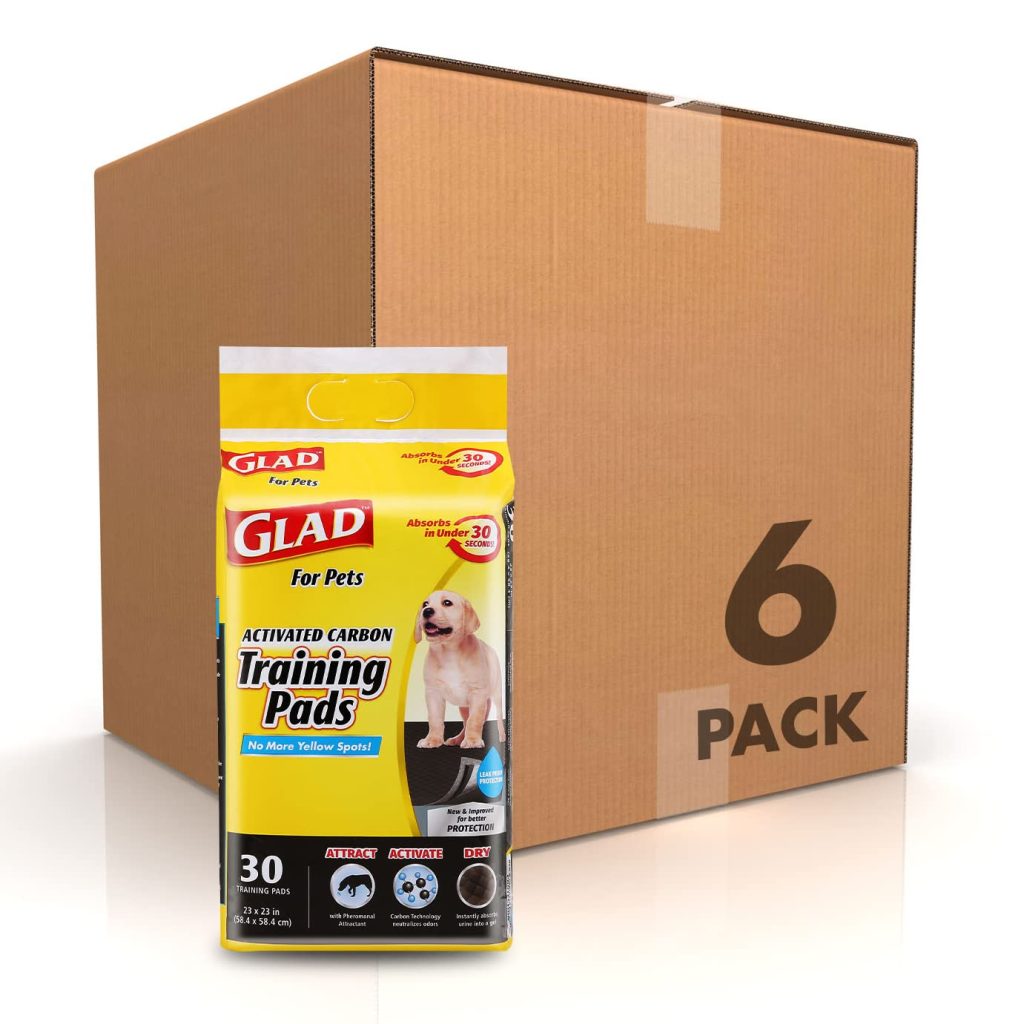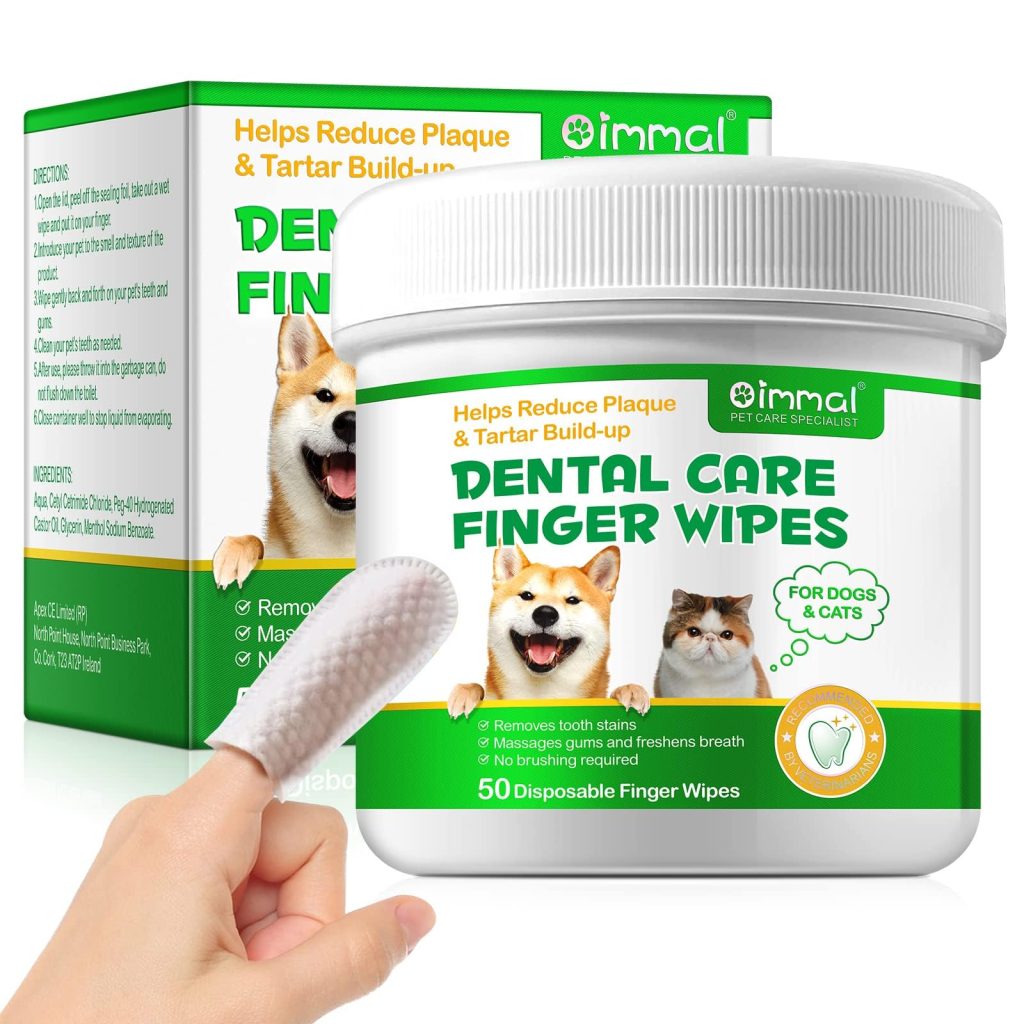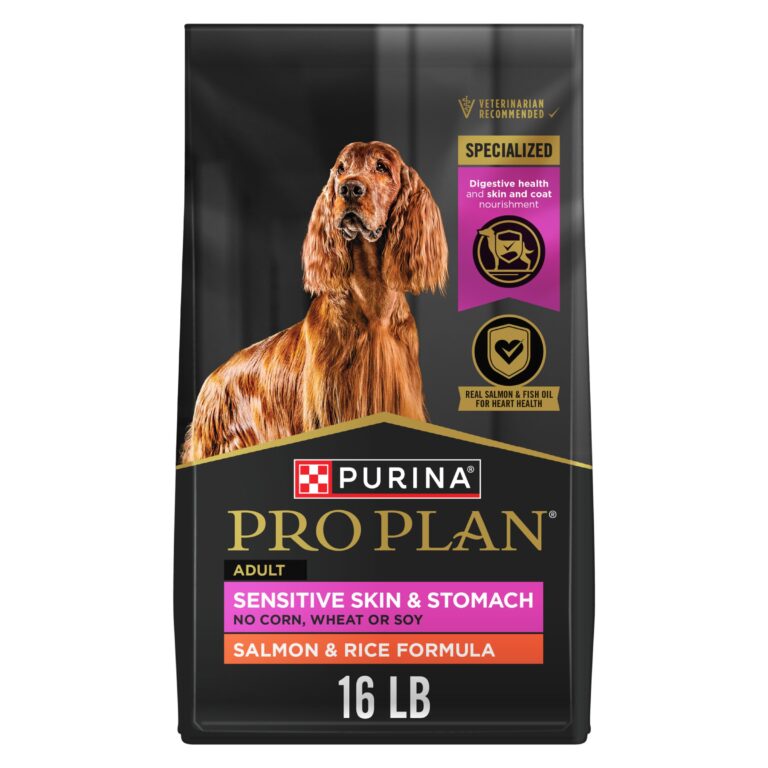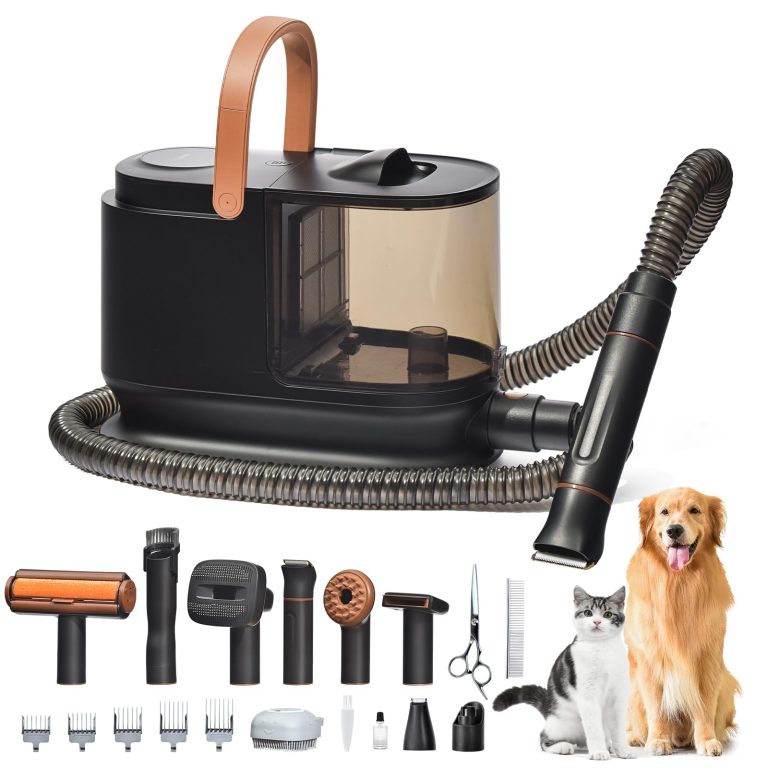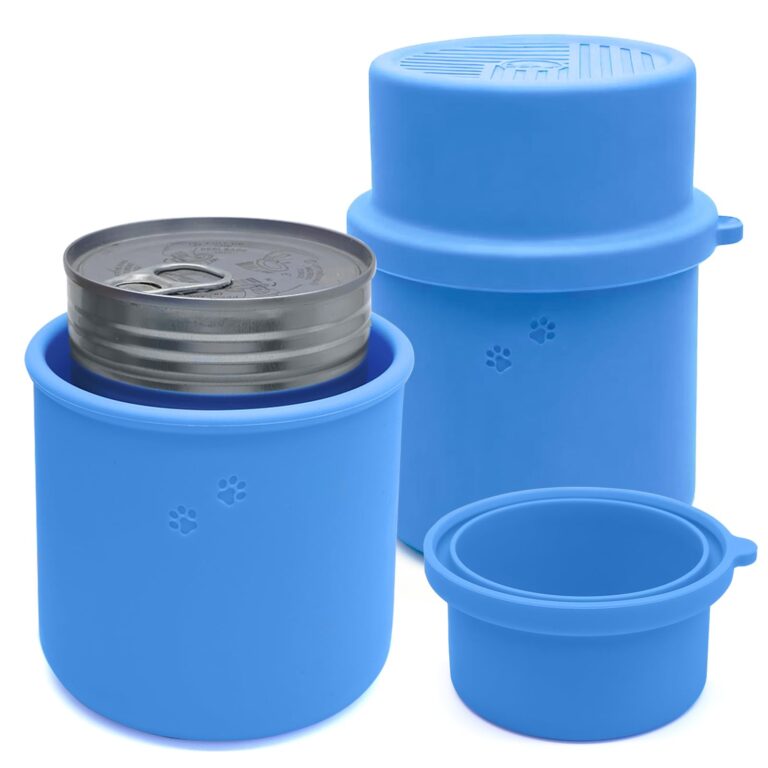Natural Flea and Tick Prevention for Your Furry Friend

Dogs are more than just pets; they are beloved members of our families. As dog owners, it is our responsibility to ensure that they lead happy and healthy lives. One important aspect of canine health is the prevention and treatment of fleas and ticks, which can cause discomfort and potentially spread diseases. In this article, we will explore natural methods of flea and tick prevention for your furry friend, as well as other essential aspects of canine health.
Exercise Requirements
Exercise is important for maintaining the overall health and well-being of your dog. Regular physical activity helps to prevent obesity, strengthens muscles and bones, improves cardiovascular health, and provides mental stimulation. Different breeds have different exercise requirements, so it is important to tailor your dog’s exercise routine according to their breed, age, and energy level. For example, breeds such as Border Collies and Labrador Retrievers require more exercise compared to smaller or less active breeds. Taking your furry friend for daily walks, playing fetch, or participating in dog sports are excellent ways to ensure they get the exercise they need.
Common Health Issues and Their Treatments
Just like humans, dogs can experience a range of common health issues. It’s essential to be aware of these issues and seek appropriate treatment when necessary. Here are a few common health problems that dogs may encounter:
- Fleas and Ticks: Fleas and ticks not only cause discomfort but also transmit diseases. Natural prevention methods include regular grooming, using natural repellents such as essential oils, and keeping the environment clean.
- Dental Care: Poor dental hygiene can lead to gum disease, tooth decay, and other health issues. Regular brushing, providing dental chews or toys, and professional dental cleanings can help maintain good oral health for your canine companion.
- Allergies: Allergies in dogs can be caused by various factors, including food, pollen, or fleabites. Identifying and avoiding the allergens, using hypoallergenic shampoos or food, and working with a veterinarian can help alleviate allergy symptoms.
- Joint Problems: Many dogs, especially large breeds, are prone to joint issues such as arthritis. Regular exercise, providing joint supplements or medication as prescribed by a veterinarian, and maintaining a healthy weight can help manage joint problems.
Age-Related Health Changes
As dogs age, their health needs change, and they may require additional care and attention. It’s important to be aware of age-related health changes and adapt their care accordingly. Some common age-related health changes in dogs include:
- Reduced Mobility: Older dogs may experience reduced mobility due to joint problems or decreased muscle strength. Providing a comfortable bed, using ramps or stairs for easier access, and gentle exercise can support their mobility.
- Dental Issues: Aging dogs can suffer from tooth loss, gum disease, or other dental issues. Regular dental check-ups and switching to softer or smaller-sized food can help manage their dental health.
- Cognitive Decline: Like humans, dogs can experience cognitive decline as they age. Engaging them in mental stimulation activities, providing interactive toys, and incorporating puzzle games into their routine can help promote mental well-being.
Mental Stimulation
In addition to physical exercise, mental stimulation is essential for a dog’s overall health and happiness. Dogs are intelligent creatures that need mental challenges to prevent boredom and destructive behavior. Here are a few ways you can provide mental stimulation for your furry friend:
- Training and Tricks: Teaching your dog new commands, tricks, or skills can keep their minds active and engage their problem-solving abilities. Training should be positive and reward-based.
- Puzzle Toys: Puzzle toys, such as treat-dispensing toys or interactive games, can keep dogs entertained and mentally stimulated. They provide mental challenges that require problem-solving skills to access rewards.
- Scent Games: Dogs have an excellent sense of smell, so hiding treats or toys around the house or playing scent detection games can provide mental stimulation and tap into their natural instincts.
Preventive Care
Preventive care plays a important role in maintaining your dog’s health and preventing potential health issues. Here are some key preventive care measures to consider:
- Vaccinations and Regular Vet Check-ups: Keeping your dog up to date on vaccinations and scheduling regular veterinary check-ups is vital for early detection of any health issues and ensuring your dog receives necessary preventive treatments.
- Proper Nutrition: Providing a balanced and nutritious diet tailored to your dog’s age, breed, and specific dietary needs is important. Consult with your veterinarian to determine the most suitable diet for your furry friend.
- Parasite Prevention: Implementing regular flea and tick prevention methods, such as using natural repellents or prescribed medications, is essential for protecting your dog from parasites and preventing associated diseases.
- Regular Grooming: Regular grooming helps maintain a healthy coat, prevents matting, and allows for early detection of any skin issues or abnormalities. It also provides an opportunity to check for fleas or ticks.
Remember, prevention is always better than cure when it comes to your dog’s health!
By focusing on essential aspects of canine health, such as exercise requirements, common health issues, dental care, age-related health changes, mental stimulation, and preventive care, you can promote the well-being and health of your furry friend. Taking these proactive measures will ensure that your dog leads a happy, healthy, and fulfilling life by your side.
